This month we kicked off our new project Waterproofing Data in São Paulo, Brazil together with partners from Warwick University and Brazilian stakeholders such as Cemaden (National Early Warning and Monitoring Centre for Natural Disasters / Centro Nacional de Monitoramento e Alertas de Desastres Naturais) or local Universities, City of São Paulo, Fundacao Getulio Varga etc. We also visited colleagues at INPE (Brasilian Space Agency; Instituto Nacional de Pesquisas Espaciais) in São José dos Campos for joint research and collaborations.
See some impressions from the intense week below where we had internal meetings and workshops as well as public Kick-off and presentations and interactive engagement with lokal stakeholders (including the local OpenStreetMap community), visits to some study sites and collaborative work in the centers of expertise.

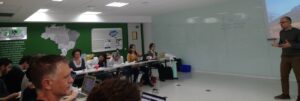
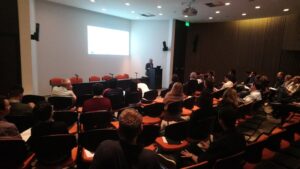

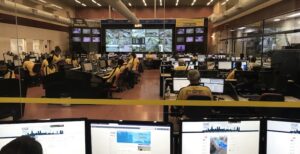
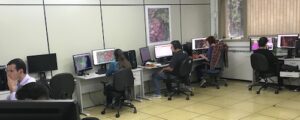
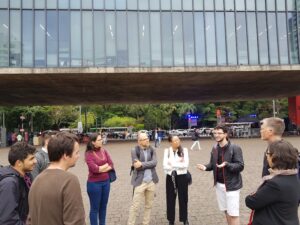
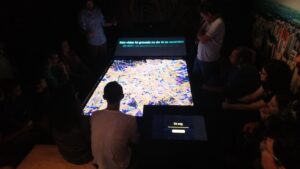
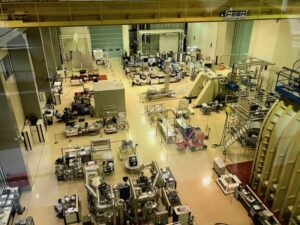
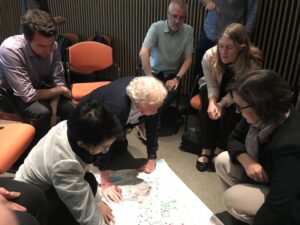

The project investigates the governance of water-related risks, with a focus on social and cultural aspects of data practices. Typically, data flows up from local levels to scientific “centres of expertise”, and then flood-related alerts and interventions flow back down through local governments and into communities. Rethinking how flood-related data is produced, and how it flows, can help build sustainable, flood resilient communities.To this end, this project develops three innovative methods around data practices, across different sites and scales:
1) we will make visible existing flows of flood-related data through tracing data;
2) generate new types of data at the local level by engaging citizens through the creation of multi-modal interfaces, which sense, collect and communicate flood data, and;
3) integrate citizen-generated data with other data using geo-computational techniques.
These methodological interventions will transform how flood-related data is produced and flows, creating new governance arrangements between citizens, governments and flood experts and, ultimately, increased community resilience related to floods in vulnerable communities of Sao Paulo and Acre, Brazil.
The project will be conducted by a international team of researchers with multiple disciplinary backgrounds from Brazil, Germany and the UK, in close partnership with researchers, stakeholders and publics of a multi-site case study on flood risk management in Brazil. Furthermore, the methods and results of this case study will be the basis for a transcultural dialogue with government organisations and local administration involved in flood risk management in Germany (GIScience Heidelberg) and the United Kingdom (Warwick, J.Porto).
Funding: EU, Belmont Forum and NORFACE joint programme Transformations to Sustainability (T2S)


